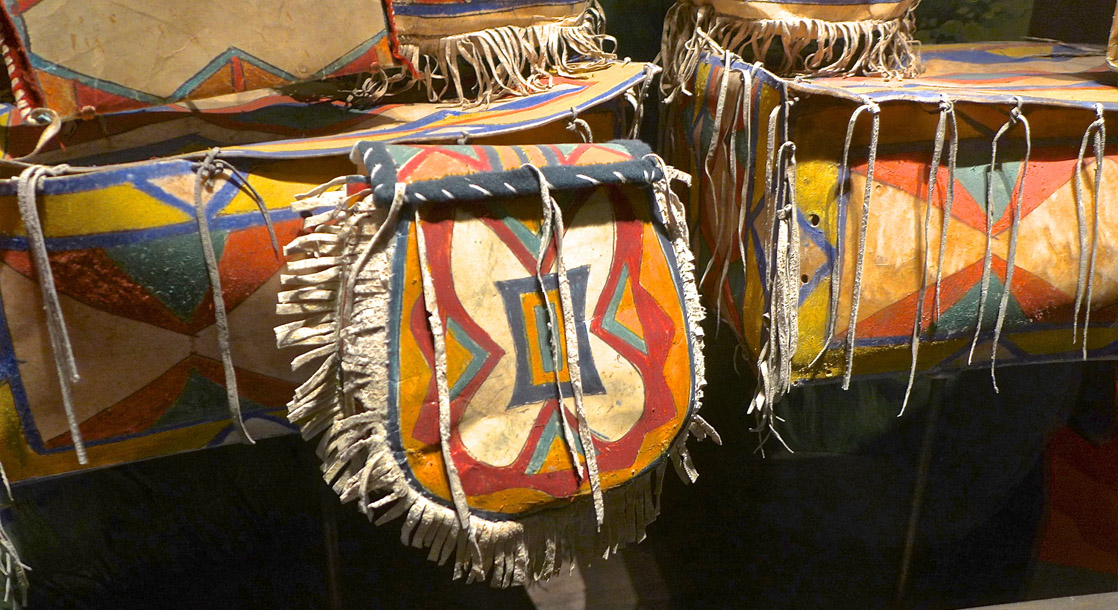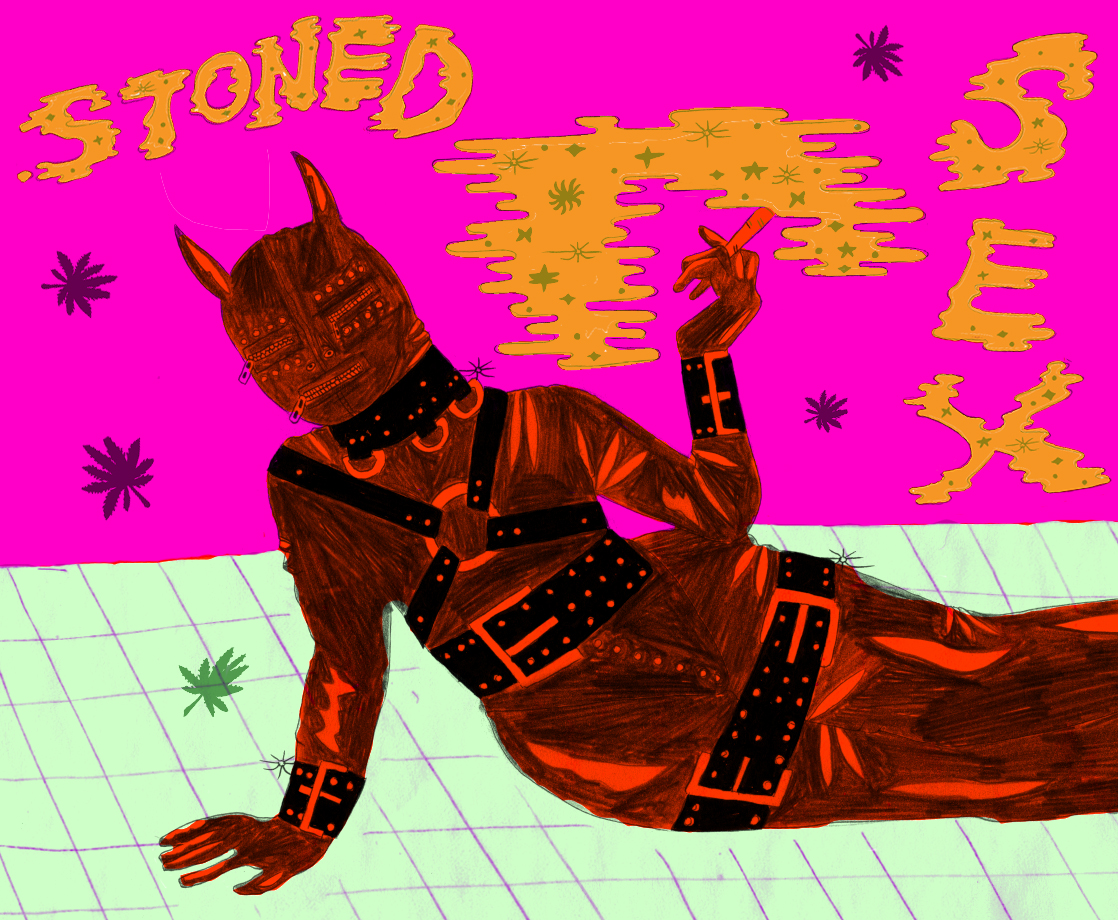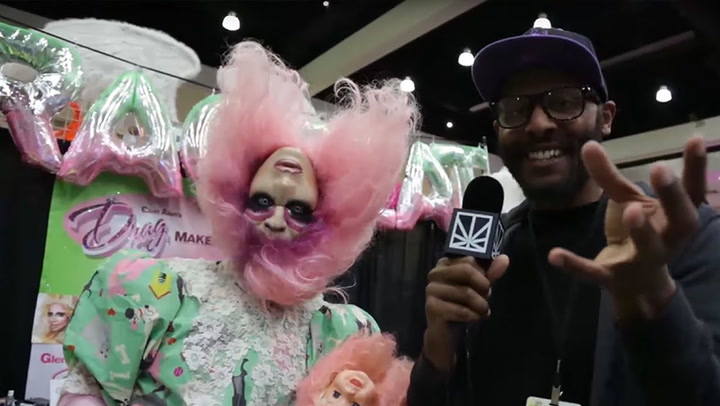As the White House considers rescheduling or descheduling cannabis at the federal level, one group wants to ensure Indigenous people are empowered within the marijuana industry.
The Indigenous Cannabis Coalition (ICC), founded by Mary Jane Oatman, looks to demystify the plant, promote the kinds of sustainable farming in which Native Americans are experts, and build networks among those who are looking to get involved in the green industry.
Oatman, who is a member of the Nez Perce tribe and lives on the tribe’s reservation near Kamiah, Idaho, came to the cause of Indigenous-produced cannabis early in life. Her grandmother Alice Wharton was a cannabis cultivator who served time in federal prison after the government busted her grow, as Oatman shared in a recent Forbes profile.
That law enforcement intervention weighed heavily on Oatman — particularly because she was there to witness the SWAT team descend on her family’s farm firsthand.
“The shame and the stigma that came after that was really difficult to manage,” Oatman told me in an interview for an upcoming book about cannabis, to be published by Lerner Books in 2023.
That had a lot to do with the close-knit nature of her community, which at the time still viewed cannabis with a fair amount of stigma.
“In the reservation school system in Idaho, everybody knows everybody’s business,” Oatman continued. “It never failed—they would come in with McGruff the Crime Dog, and all of the kids’ energy and eyeballs in the room shifted over towards to all of the little Oatman-Wardee [my maternal grandmother’s last name] kids in the assemblies.”
But Oatman grew up to become a community leader, and was even appointed by President Barack Obama to serve on his administration’s Advisory Council on American Indian/Alaska Native Education.
She eventually grew to see cannabis not only as part of her community’s agricultural heritage — but also as a way for it to ensure its financial viability going forward. Oatman founded the ICC and a related publication, the Tribal Hemp and Cannabis Magazine. The publication centers on stories from around the growing world of Indigenous cannabis entrepreneurship, and can be read on the ICC website for free.
If the ICC mission resonates with you, mark your calendar: the group’s National Indigenous Cannabis Summit comes to Washington, DC, November 15 to 16. The event will feature speaking gigs from politicians like Senators Chuck Schumer, Cory Booker, and Ron Wyden. As stated on the conference’s website, its mission is “advancing cannabis policies that promote and protect tribal sovereignty and builds access to safe, well-regulated medicinal and adult-use cannabis in Indian Country when a community choses to.”
Many see supporting Indigenous cannabis entrepreneurs as a step towards reconciliation between settler and First Nations governments. Cannabis has become a battleground in recent years for Indigenous sovereignty—and not just in the lands known as the United States. Indigenous cannabis entrepreneurs located within the bounds of the settler governments of Canada, Mexico, and New Zealand have all taken big steps toward establishing their communities’ sovereignty in the weed space.
Follow Caitlin on Instagram, and catch her Spanish-language podcast Crónica on Spotify and Mixcloud.
Cover image via











